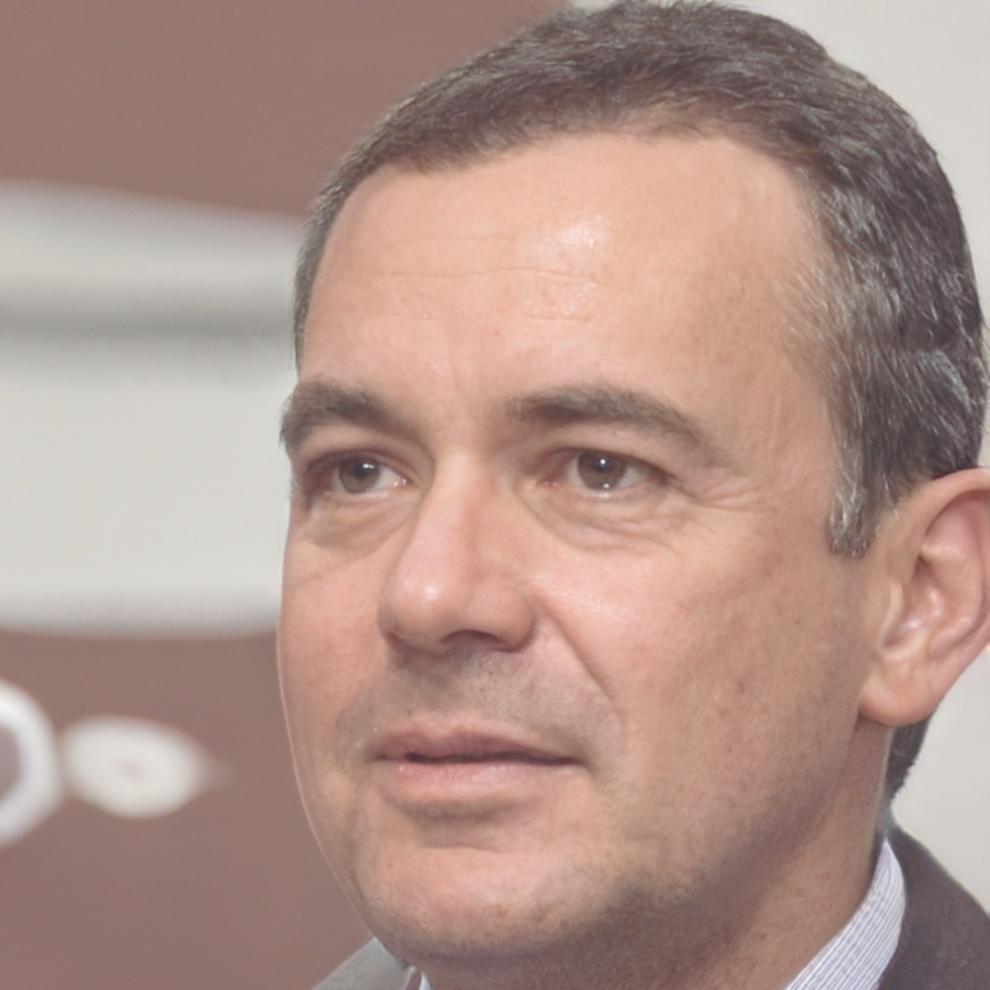
Callum Braeburn
Research DirectorFormer economics journalist who got tired of writing stories nobody could act on. Now builds frameworks that turn market noise into decisions. Still can't resist a good footnote.
We started because financial reports felt deliberately confusing. Two decades later, we still believe understanding your competitors shouldn't require a PhD.
Started in a Brunswick garage with three people and way too much coffee. We built our first competitor tracking tool after spending months manually copying data from annual reports.
Moved to proper offices in Hobart. Hired our first data scientist who taught us that algorithms could do in minutes what took us days. Still learning that lesson, honestly.
Expanded across Tasmania and mainland markets. Learned that competitive intelligence looks different in mining towns versus tech hubs. Each region taught us something new about what businesses actually need.
Rebuilt our entire platform from scratch. Clients told us they wanted clarity, not complexity. So we stripped away the fancy dashboards and focused on answering real questions quickly.
These aren't corporate slogans printed on mugs. They're the debates we have in team meetings and the standards we hold ourselves to when nobody's watching.
Financial analysis can sound impressive while saying nothing. We'd rather give you a straight answer in plain language than bury insights in jargon. If our reports need a translator, we've failed.
Knowing your competitor raised prices by 8% means nothing without understanding why. We dig into the story behind the data because numbers without context are just trivia.
Sydney metrics don't always translate to Launceston realities. We've learned that competitive intelligence needs local understanding, not just national trends.
The best analysis starts with understanding what you're actually trying to decide. We spend time figuring out the right questions because answering the wrong ones perfectly is pointless.

Former economics journalist who got tired of writing stories nobody could act on. Now builds frameworks that turn market noise into decisions. Still can't resist a good footnote.

Spent a decade at consulting firms before joining us in 2019. Specializes in translating between what clients ask for and what they actually need. Also maintains our sanity during deadline weeks.

We begin every project by understanding what decision you're facing. Analysis for the sake of analysis is expensive theater. Good research answers specific questions that change how you operate.
Annual reports tell part of the story. We also track hiring patterns, supplier changes, facility expansions, and customer sentiment. Competitors telegraph moves long before official announcements.
Our algorithms find patterns, but humans make sense of them. We've learned that the most valuable insights come from combining data with industry knowledge and occasionally just picking up the phone.
Companies fixate on obvious rivals and miss threats from adjacent industries. The business that kills you often comes from an unexpected direction with a different business model you didn't see coming.
When competitors adjust pricing, they're usually signaling something else: supply chain pressure, capacity changes, or strategic pivots. The number matters less than understanding what drove it.
Watch what roles competitors hire for and you'll spot strategic shifts months early. That new data engineer position or regional sales manager reveals plans long before public announcements.
National trends look different when you're in Hobart or Cairns. Local competitive dynamics, supplier relationships, and customer expectations create opportunities that don't show up in Sydney-centric analysis.

Visual frameworks that show where you sit relative to competitors across dimensions that actually matter to customers. Clarity beats complexity every time.

Monitoring competitor actions over time to spot patterns and predict next moves. History doesn't repeat but it definitely rhymes.

Identifying spaces in the market where customer needs aren't being met. The best opportunities hide in what everyone else is ignoring.